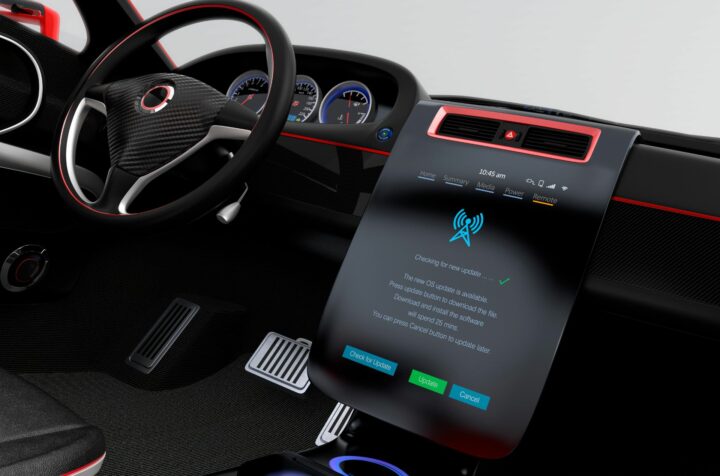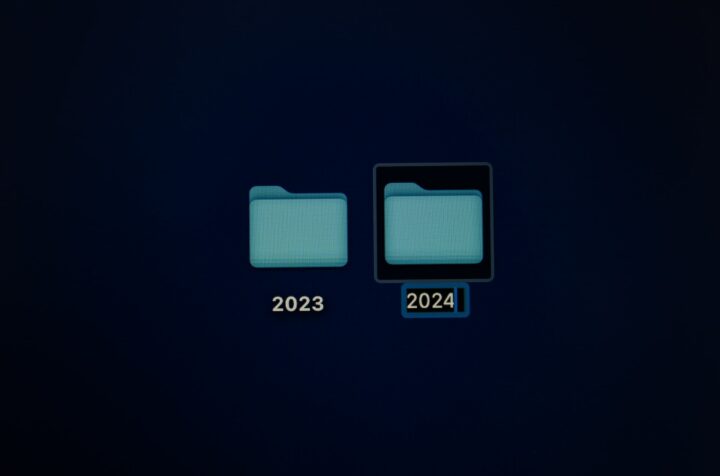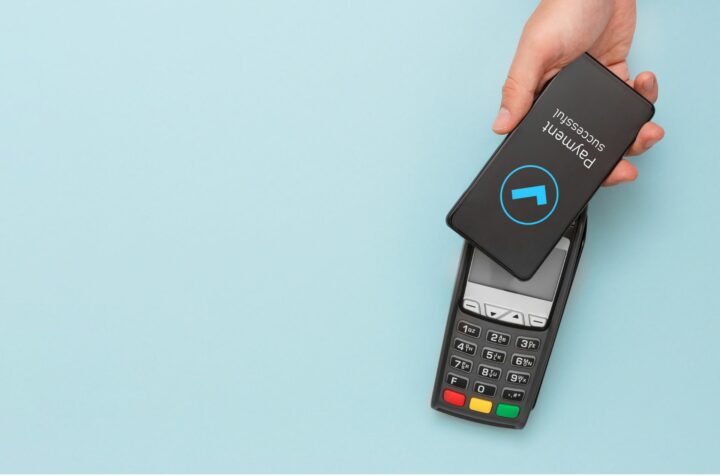Following the success of our first forum with its theme of ’Innovate Faster, Communicate Smarter’ (which you can view here), we were excited to host our second forum ‘CX – Lessons Learned From Superheroes’ on May 18, 2021.
With a focus on customer experience, the forum posed the question, what can we learn about customer centricity from superheroes?
They lead by example, inspire others, and create trust. That makes them great leaders to learn from. If we then view customer centricity as a form of leadership (inspired by such superheroes), can we take the customer experience to a new level?
Click here to watch a highlight video of the forum!
Hosted by Testbirds’ Chief Operating Officer and Co-Founder, Markus Steinhauser, and featuring Laura Fleming Schulte and Barra O’Leary as keynote speakers, the forum was watched by over 220 online attendees from around the globe.
Laura is a customer centricity and customer experience hero who provides trust-based, go-to-market strategies for B2B tech innovators. Laura is also the Founder and CEO of the Project Renaissance Innovation Advisory.
As Project Manager – QA Testing & UX Research and User Experience Designer for Testbirds, Barra’s experience includes user experience testing for Apple and tier 2 support project management roles for Amazon.
Now that we know a bit more about the forum and our speakers, let’s have a quick look at what they spoke about!
Markus Steinhauser – Welcome
Following a short welcome from Markus, he spoke about how customer experience can make or break a product or service. Today, it’s a key deciding factor for success… and why adding superheroes into the mix makes for an interesting discussion.
Markus then introduced Laura Schulte.
Laura Schulte – Learning CX from Superheroes
After a quick introduction, Laura started with a question. Who did everyone think is the more powerful superhero: Batman, or Iron Man?
While the poll showed the majority thought it was Iron Man, things, as it turned out, aren’t that clear cut. Yes, many chose Batman, but even then, 17 percent weren’t sure. But was everyone correct?
Not quite.
The point is that everyone is different. Even if they may seem similar. Batman and Iron Man are both wealthy, intelligent, love gadgets, and don’t have any superpowers.
The difference is that Batman plans ahead and will be there when you need him. Iron Man is someone you need to catch at that right moment. Even if you plan, there’s no guarantee he’ll turn up. Batman is more proactive; Iron Man is more reactive.
That’s why the question of who is more powerful is so relevant – especially in the context of the customer experience. On the surface, Iron Man has the more powerful super suit, but it doesn’t mean he’s providing super service when you need it.
We expect a lot from superheroes, just as we do any business. But we see them as more than a product. We expect they should:
Save me.
Serve me.
Inspire me.
All while giving us a wonderful experience and not letting us down.
This is exactly what we also expect from a business – an emotional response. We want experiences, not just products.
But when it comes to emotion, one of the most crucial elements is trust.
The business value of trust
As we move toward more online-only communication, Laura continued, we’re losing the important face-to-face aspect, which is a big part of trust.
Which brought us to another poll.
What, asked Laura, do you think is the most important business value of trust?
The clear winner from the attendees was innovation, which is a key point when talking about a start-up and/or trust in your new product or service.
In addition, continued Laura, trust is what we invest in.
Specifically:
We invest in what we trust will work.
It’s also how we create something new, different, and untried.
Another important aspect of trust within a business is that it can be measured. According to Deloitte Digital, the underlying drivers of trust are humanity, transparency, reliability, and capability.
The higher you can measure these, the more trust customers (employees, partners, etc.) will have in your business. If they can trust in your intent to do what they feel is right (whether valuing employees, putting environmental concerns front and center, fixing problems quickly, or much more), they’ll support you.
But no matter how much trust is made, failure is always an option.
Fail like a hero
Even hero’s fail. But a true hero learns from their failure.
Laura then looked at the epic failure of Volkswagen. From an iconic brand to one that lied about the emissions of its new diesel engines. You can read all about it here – and ‘the destructive power of poor leadership’.
For those who bought their cars thinking they were doing the right thing for the environment, it was nothing less than a betrayal.
Losing trust often means losing business.
When this happens, good leadership, trust, and empowerment can make a stark difference. Not just from the top, but all levels of an organization.
It also means being open to the truth. Seeing it, recognizing it, and searching for it.
Constantly striving for truth means you can replace failure. This requires an innovator’s ‘test-and-learn’ mindset that views failure as part of the process.
So, like Batman, we need to plan, put on the right gear, and know the conditions and situation. This means testing – lots of testing:
- Test assumptions, listen for negative results, test and check for bias, and trust and empower quick fixes.
- Test for complexity so you can learn how to make the experience simple.
- Test and learn toward the best possible outcomes.
Ultimately, businesses need to develop their vision so they can see what’s coming and react better as things happen.
Have a vision and lead toward a better future
Laura ended her keynote by discussing the importance of having a vision. While many technologies tackle many different customer needs, it’s important to know where you want to go.
To know what your superpower is and how it can best help your customers. To lead by example.
Put simply, we have the power, and it’s our responsibility to shape the customer experience.
If you’d like to learn more about Laura and leading like a superhero, get in touch and/or check out her workshops on personal branding & thought leadership, uncertainty mapping, and stakeholder incentive mapping at TinyBox Academy.
Our next speaker was Barra, an expert in testing products and processes with the user experience in mind.
Barra O’Leary – Test, Learn, Improve, Succeed – Supernatural User Experience
Leading off with the interesting question of ‘have you seen Batman Begins’, Barra led us through the fascinating process of developing an ‘online, web-based student platform’ that aims to reduce the harms from substance abuse.
But first up, why Batman, you ask? Well, he provides an interesting parallel between building products and what makes a superhero.
Case in point – at the start of the movie, young Bruce Wayne falls down a well and is rescued by his father, Thomas, who says “And why do we fall, Bruce? So we can learn to pick ourselves up.”
That is, it’s okay to fail, whether you’re a young superhero-to-be or a business starting on a new product design.
This led to Barra discussing the case study of his master’s thesis and the platform he helped to build for University College Cork, MyUse.
A mindfulness and self-reflection tool
With statistics showing close to 25 percent of students admit to misusing illicit substances, which could impact their physical and mental health, and their academic achievements, the need for a tool to help was necessary.
Designed to encourage students to make decisions that align with their values and long-term goals, MyUse wasn’t about helping them with or overcoming, drug use, but to learn mindful techniques and/or self-reflection tools. All to understand the impact of substance abuse on their lives.
Mindfulness, if you didn’t know, is – according to Psychology Today – ‘a state of active, open attention to the present. This state is described as observing one’s thoughts and feelings without judging them as good or bad.’
This required developing a user-centered design approach to analyze user needs and increase engagement with the tool, and that means involving the target audience as much as possible.
Additionally, a mobile-first design was chosen. Not only is it more cost-effective to develop but mobile technology is widely used among the audience.
But first, it was essential to start testing early.
First step: Test
Early tests are all about improvement and learning. No design will ever start perfectly.
When Bruce Wayne began his career as a crime fighter, his initial costume designs barely even looked like the Batman we would come to know. He made plenty of mistakes.








